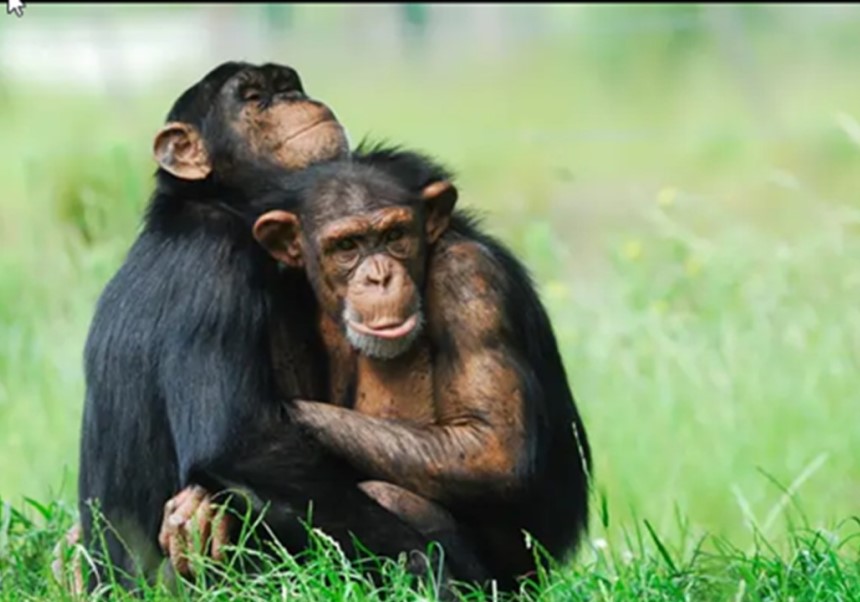
A study led by the CSIC suggests that this sexual behavior plays an important role in maintaining social relationships and mitigating conflicts.
This way of establishing, maintaining and increasing bonds between members of the same group is prevalent in primates.
A team led by the Experimental Station of Arid Zones (EEZA), an institute of the Spanish National Research Council (CSIC), has carried out a study on the evolution of homosexual behavior in mammals and has concluded that this behavior occurs more frequently in those species that interact within the same group. The results, published in the journal Nature Communications, suggest that sexual behavior between individuals of the same group, prevalent in the case of primates, plays an important role in establishing and maintaining their bonds.
Homosexual behaviors in nonhuman mammals, operationally defined as “transient behaviors normally performed at some point during reproduction with a member of the opposite sex, but instead directed toward members of the same sex,” have attracted the attention of disciplines as disparate as sociology, psychology, zoology, evolutionary biology, and behavioral ecology. Because it does not directly contribute to reproduction, it is considered an evolutionary enigma.
According to the researchers, sexual behavior between individuals of the same sex is a common trend in mammals, recorded so far in approximately 5% of species and 50% of families. Moreover, it is practiced with similar prevalence by males and females. According to currently available data, it is not randomly distributed among mammalian lineages, but tends to be particularly prevalent in some cases, especially in primates, where it has been observed in at least 51 species, from lemurs to apes. While in some species this is incidental and occurs only in very specific situations, in about 40% of species homosexual behavior is a moderate or even frequent activity during the mating season.
A way to establish and maintain links within the group.
The study has detected a significant association, at the species level, between the occurrence of sexual behavior between individuals of the same sex and social behavior, both in males and females, with social species being the most likely to exhibit this type of interactions. These results support the hypothesis that this sexual behavior has been evolutionarily favored as a way to establish, maintain and reinforce social relationships that can increase the bonds and alliance between members of the same group.
“Our study suggests that sexual behavior between individuals of the same sex exhibited by non-human mammals, rather than an aberrant or maladaptive behavior, is an adaptation that plays an important role in the maintenance of social relationships in both sexes and the mitigation of conflicts mainly between males,” says José María Gómez, lead author of this study and researcher at the Department of Functional and Evolutionary Ecology of the EEZA-CSIC.
This phylogenetic comparative analysis has also found a relationship between this sexual behavior and intrasexual violence, in this case only for males. Species whose males are more violent are more likely to exhibit this sexual behavior at some point in their lives.
“According to the available data, this behavior is not randomly distributed among mammalian lineages, but tends to be particularly prevalent in some groups, especially in primates, where it has been observed in at least 51 species, from lemurs to apes,” says Adela González, co-author of the study and researcher at the University of Granada (UGR).
“As is the case for most traits, evolution has left us an invaluable trace to understand this behavior in nature,” says Miguel Verdú, from the Desertification Research Center (CSIC-Universitat de València-Generalitat Valenciana).
The Experimental Station of Arid Zones (EEZA-CSIC) together with the University of Granada (UGR) and the Desertification Research Center (CIDE), a joint center between CSIC, the University of Valencia (UV) and the Generalitat Valenciana (GVA), have participated in this study.
José M. Gómez, A. Gónzalez-Megías, M. Verdú. The evolution of same-sex sexual behaviour in mammals. Nature Communications. DOI: 10.1038/s41467-023-41290-x
CIDE Communication









